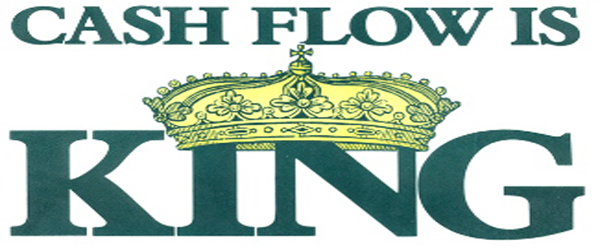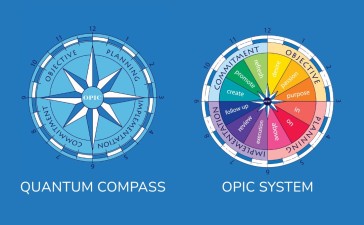“Cash is King” is a phrase we hear all the time right?
But to a creativepreneur, this phrase should change to “Cash Flow really is King.”
It is more critical than ever for a business owner to monitor his or her cash flow on a regular basis. It’s doesn’t matter whether you have an existing or a new start-up business, it’s vital to understand the financials yourself and not “pass the buck” either such as leaving it to the book keeper or an accountant. You ARE your business and wouldn’t you want to learn and monitor the cash flow yourself firstly before you delegate to others?
We have two questions for you…
Can a profitable enterprise go out of business?
Can a business with good cash flow be unprofitable?
If you answer yes to either one then you are correct.
We see more businesses fail for lack of cash flow than for lack of profit.
Why is this you ask?
This is because:
- Business owners are unrealistic in projecting and predicting their cash-flow. This is a challenge task if your are new start up with no trading history.
- Most of the time business owners are overestimating their incomes and underestimating their expenses.
- Business owners also fail to foresee a cash short fall and run out of fund, forcing them to stop trading, even though they have a great business with lots of customers. Cash flow is vital!
There were many businesses we came across that were profitable but had poor cash-flow therefore they went out of business. We have also seen businesses with high cash-flow but unprofitable due to high overheads.
Before we discuss further let’s start by differentiating between what is cash flow and profit:
Cash flow is the difference between actual incoming(sales) and actual outgoing (expenses) . We are talking about the income that is not counted until payment is received and expenses are not calculated until payment is finalised. Your cash flow also need to include your working capital, investors’ funds, loans and debts.
Profit is very straight forward the difference between income and expenses. Income is calculated at the time the sale is placed, rather than when full payment is received. While expenses are calculated at the time the purchase is ordered, rather than when you settle the account.
Cash flow is usually calculated on a monthly basis, this is because most billing cycles are monthly. Majority of suppliers will allow you to settle the account in 30 days. If you run a high turnover inventory business like restaurants, giftware or grocery stores we would highly recommend you to calculate your cash-flow on a weekly or daily basis. Believe me, we used to run a fine dining restaurant and it was so much easier for us to control the cash-flow on a weekly basis.
Would you like to learn more about how to project your cash-flow for your business?
If you do, tune in for next week post.
Other related articles:
Cash Flow is King in your Art and Design Business
Improve your Cashflow in your Art & Design Business
Cash Flow Concepts for Creative Professionals





